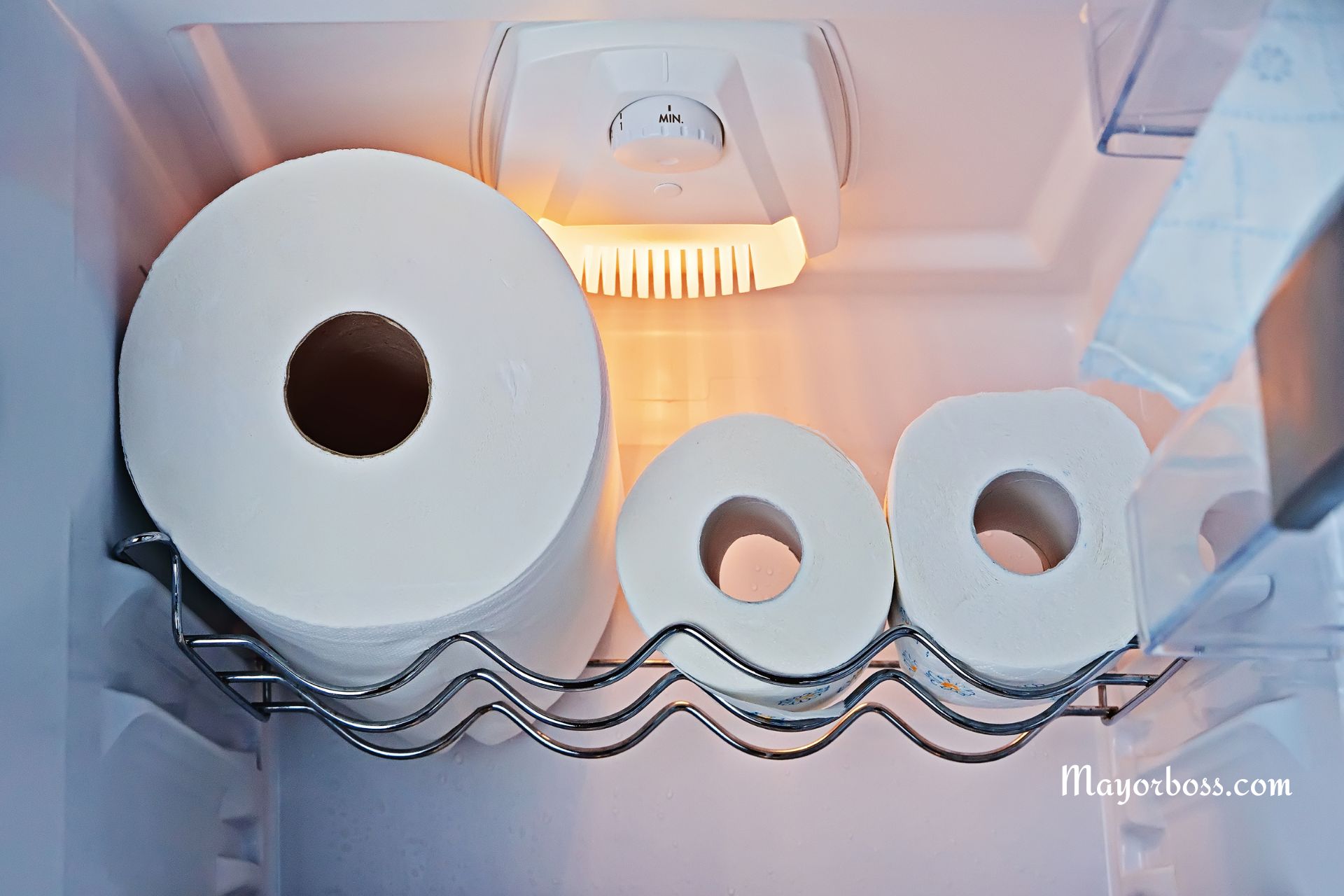5 Signs You’re Dealing With A Grandiose Narcissist

Ever met someone who just can’t seem to get enough of themselves? Someone whose ego appears to take up the entire room? Chances are, you might have encountered a grandiose narcissist. According to Psychology Today, people with grandiose narcissism have a sense of entitlement and desire to dominate social interactions.
Recognizing a grandiose narcissist isn’t just about identifying someone who loves a good selfie; it’s about understanding a complex personality that affects interpersonal relationships deeply. Here’s how you can spot them!
They Have an Overinflated Sense of Self-Importance
Grandiose narcissists truly believe they’re better than everyone else. It’s not just confidence; it’s an unshakeable belief that they’re superior. This isn’t about having healthy self-esteem; it’s a deep-rooted conviction that they’re destined for greatness, often without the achievements to back it up. They often talk about their grand plans and the big impact they’re destined to have on the world, regardless of their current status or accomplishments.
They Constantly Need Admiration and Attention
Does it feel like their need for compliments and validation is bottomless? That’s another red flag. Grandiose narcissists thrive on admiration and can often go to great lengths to keep the spotlight on themselves. Whether it’s constantly steering conversations back to themselves or exaggerating achievements, they use every opportunity to seek praise and recognition from others.
They Exploit Relationships
This might be the most painful sign if you’re on the receiving end. Grandiose narcissists often view relationships as tools to further their own goals. They may name-drop, manipulate, or use others without a sense of remorse. Understanding this can help you protect yourself in personal and professional settings, as they often do not consider the emotional cost to others in their pursuit of status and success.
They Lack Empathy for Others
If someone doesn’t seem to care about how you or others feel, this might be a sign of a grandiose narcissist. These individuals often struggle to understand or relate to other people’s emotions. This isn’t just about being self-absorbed; it’s an inability—or unwillingness—to acknowledge and process the feelings of others, which is crucial in forming healthy, reciprocal relationships.
They Are Often Envious of Others or Believe Others Envy Them
Lastly, despite their outward confidence, grandiose narcissists are often incredibly envious of anyone who might have something they don’t—whether it’s success, attention, or talent. Conversely, they might believe that everyone else envies them, which feeds into their inflated self-image and justifies their need to be treated as superior.
Dealing with a grandiose narcissist can be challenging, especially if they’re a close friend, family member, or colleague. Recognizing these signs is the initial stage in managing your interactions with them effectively. Keep your own interests and emotional well-being in mind, and remember, it’s okay to set boundaries to protect yourself. The goal isn’t to diagnose or change them—that’s a job for professionals—but to equip yourself with the knowledge to interact wisely.
FAQs
1. Can a grandiose narcissist ever change?
It’s difficult but not impossible. Change can only happen if the narcissist recognizes their behavior and genuinely wants to change. Therapy and professional guidance are crucial.
2. How should I communicate with a grandiose narcissist?
Keep communication clear and concise. Avoid getting emotionally involved in their dramas and set firm boundaries to protect yourself.
3. Are there positive aspects of grandiose narcissism?
In some cases, their confidence and ambition can be contagious and inspiring, especially in leadership roles. However, these qualities need to be balanced with empathy and respect for others to be truly positive.






